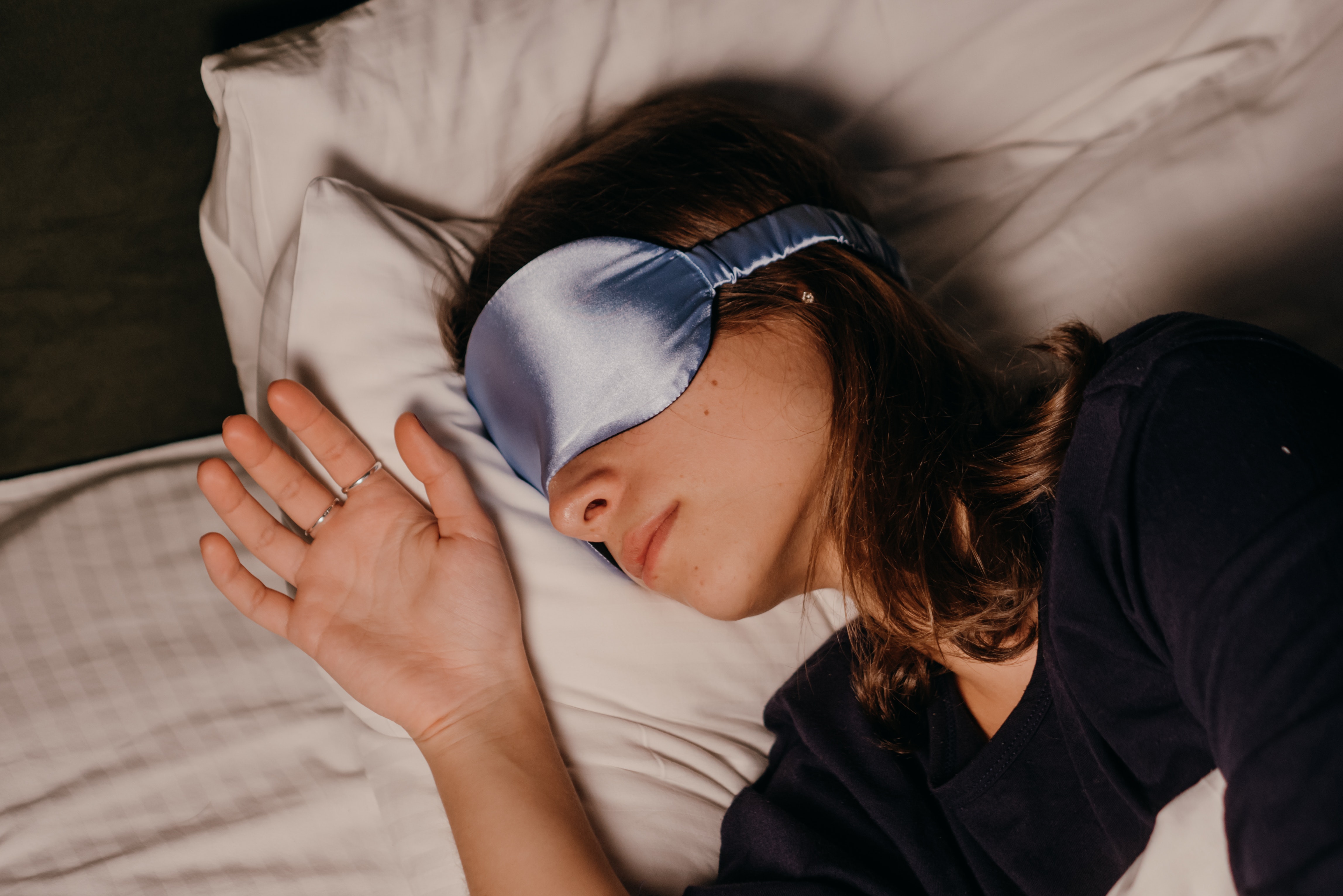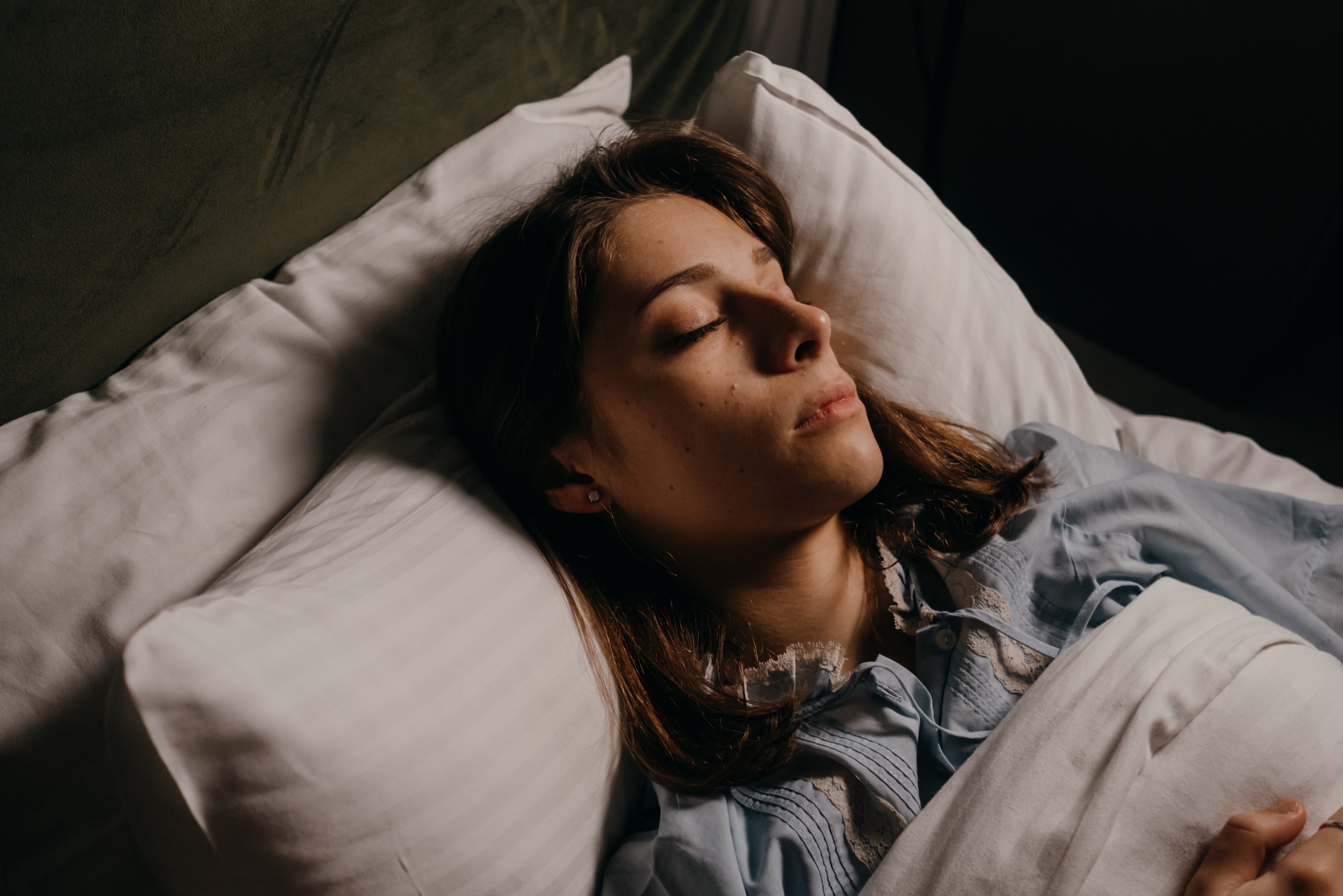Sleep plays a vital role in various physiological processes that serve to re-energize cells in the body, clear waste from the brain, support learning and memory, and more. Although sleeping positions are indeed a matter of preference, they play an intrinsic role in our quality of sleep and therefore have a wide range of effects on the body.
However, comfort is not the only factor that influences how we sleep; with age, not only do we move less, but we tend to shift to a side-sleeping position as we move into adulthood. As health problems, including stiffness and joint pain, become more common with age, the quality of your sleep becomes even more important. Naturally, research indicates that sleep positions influence our dreams and offer insight into a variety of behaviors and personality traits:
On your back
Sometimes called the supine position, sleeping on your back can cause lower back pain and worsen symptoms of snoring and sleep apnea. Sleeping on your back is not recommended for women in late pregnancy as it has a potential association with late third trimester stillbirths. Nevertheless, this position has its advantages; with your head and neck in a neutral position, you are less likely to experience neck pain.
Sleeping on your back is often associated with self-confidence. Back sleepers are often quiet and introverted and hold themselves to high standards. Depending on whether they sleep with their arms outstretched or on their side, this potentially measures their openness towards others.
sleep on the side
Most people are side sleepers, side sleeping becomes more popular with age as the flexibility of the spine decreases over time. This position is beneficial for relieving insomnia, chronic sleep deprivation, sleep apnea, joint and lower back pain, and fibromyalgia. Side sleeping is highly recommended for pregnant women (especially the left side) as it maximizes circulation for mother and baby.
People who sleep on their side are often relaxed and open-minded people. According to Psychology Today, “whether you sleep on your right side (more likely to smoke and rely on caffeine) on your left side (creative, well-behaved), with your arms at your sides (confident and perhaps gullible, too maybe rigid thinkers) or outstretched arms (hard on self and others, maybe suspicious, also curious about the world) can also influence your personality, outlook, and behavior.
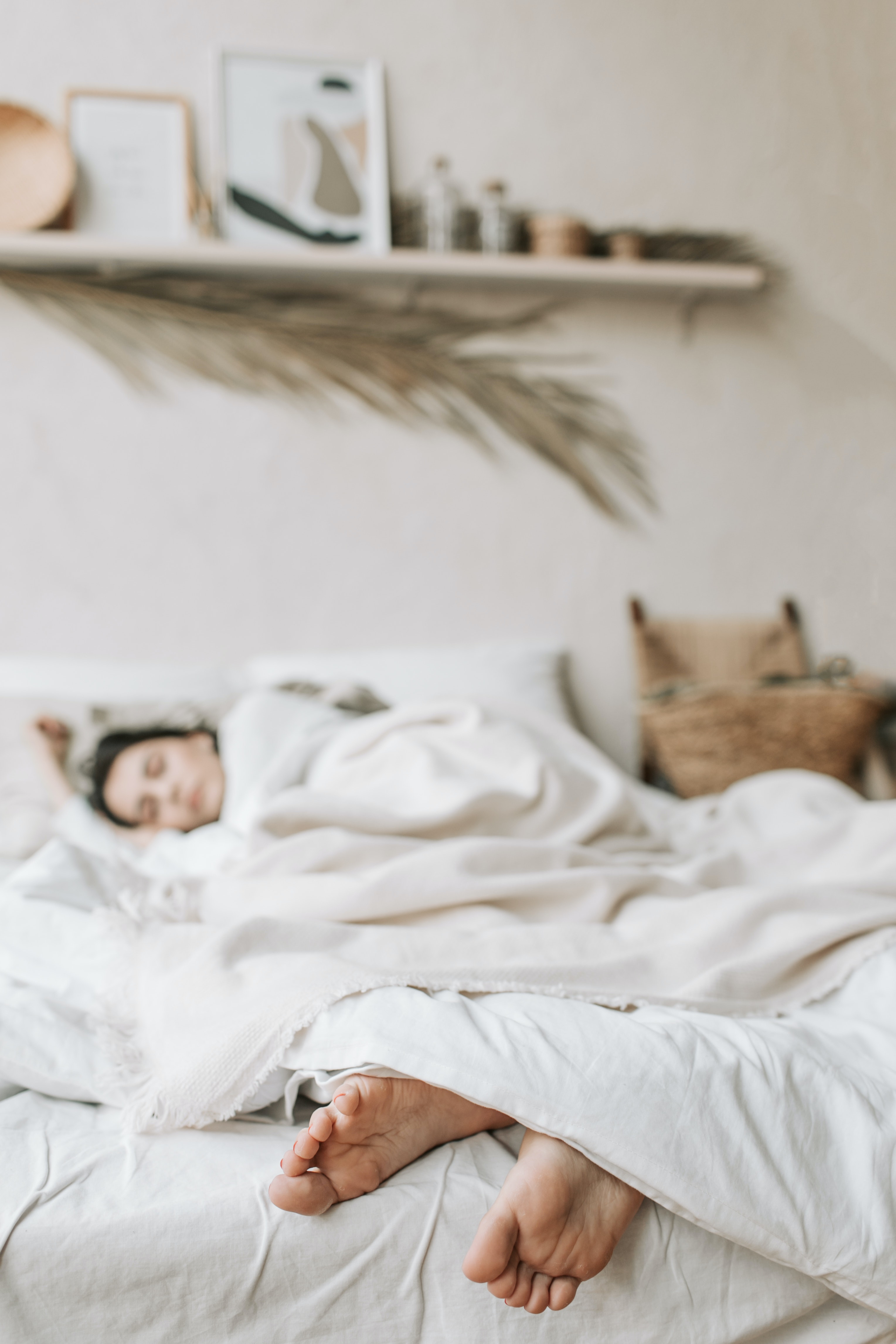
On your belly
Sleep experts do not recommend sleeping on your stomach as it puts unnecessary pressure on the hips, abdomen, and neck, which contributes to lower back and neck pain. Stomach sleep is often associated with restlessness and frequent tossing and turning throughout the night. However, sleeping on your stomach can reduce symptoms of sleep apnea and snoring.
Stomach sleep is linked to defensiveness, sensitivity to criticism, and perfectionism. Those who sleep in this position often feel anxious and lack control over their lives.

The fetal position
The most popular sleeping position of all, the fetal position is particularly popular with women, who are twice as likely as men to sleep on their side. This position is relatively healthy in that it allows the spine to rest in its natural alignment. With research suggesting that sleeping on your side allows the brain to eliminate waste more efficiently, the fetal position plays a potential role in fighting diseases such as Alzheimer’s and Parkinson’s.
The fetal position is linked to introversion, shyness, sensitivity and the desire to protect oneself. The American Sleep Association states that “the curled up, self-protective position of a fetal sleeper reveals an equally self-effacing personality.” In other words, “while they may have a tough exterior, fetal sleepers can also be shy, but kind once you penetrate their protective outer layer.”
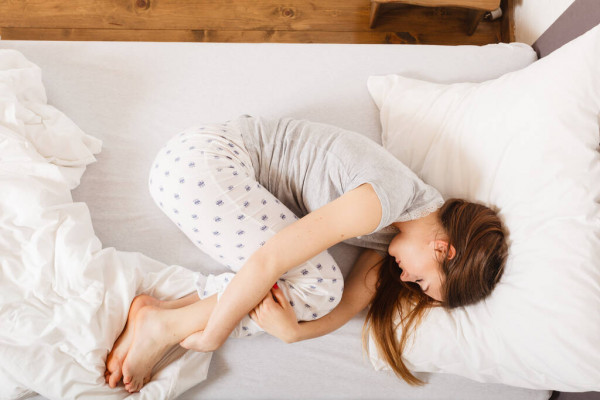
The best position?
Although sleeping positions can provide clues and information about a person’s personality or preferences, they are not necessarily fixed personality diagnoses. Overall, the side sleeping position is found to be the healthiest for most people, especially snorers, people with sleep apnea, and neck and back pain. On the other hand, sleeping on your stomach is considered the worst of all sleeping positions, with a few exceptions, because it can provide relief for people suffering from snoring and sleep apnea. It’s ultimately about finding a sleeping position that’s both comfortable and gives you a good night’s sleep. Additionally, a regular and consistent sleep schedule maintains physical health, concentration, work and school performance, and mental health.
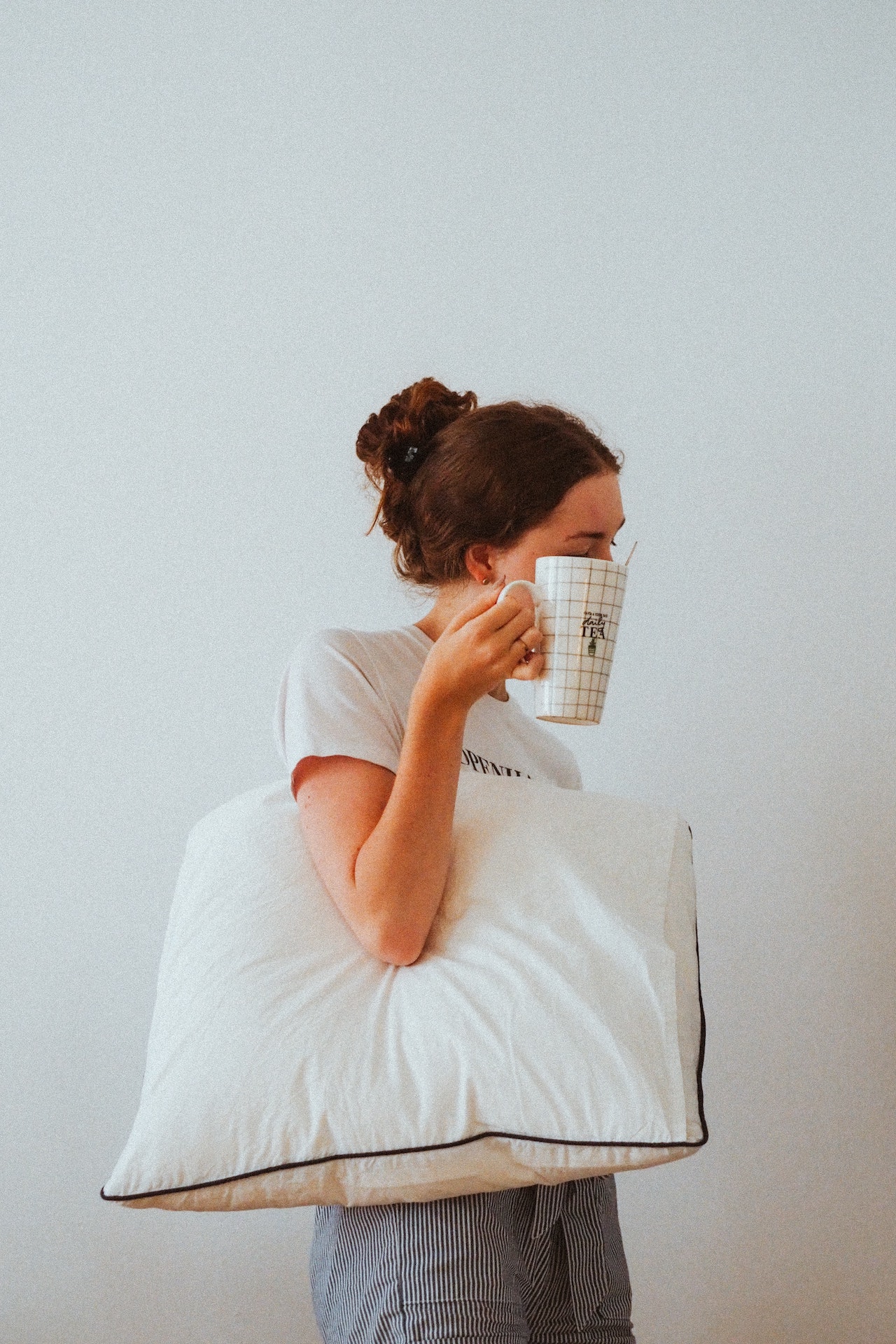
Sources:
https://www.scientificamerican.com/article/what-happens-in-the-brain-during-sleep1/
https://www.psychologytoday.com/us/blog/sleep-newzzz/201903/your-sleep-position-affects-much-more-you-think
https://newsinhealth.nih.gov/2013/04/benefits-slumber

